The Archaeology of Measurement: Comprehending Heaven, Earth and Time in Ancient Societies
The construction of formal measurement systems underlies the development of science, technology, economy and new ways of understanding and explaining the world. Human societies have developed such systems in different ways, in different places and at different times, and recent archaeological investigations highlight the importance of these activities for fundamental aspects of human life. Measurement systems have provided the structure for addressing key concerns of cosmological belief systems, as well as the means for articulating relationships between the human form, human action, and the world. The Archaeology of Measurement explores the archaeological evidence for the development of measuring activities in numerous ancient societies, as well as the implications of these discoveries for an understanding of their worlds and beliefs. Featuring contributions from a cast of internationally renowned scholars, it analyses the relationships between measurement, economy, architecture, symbolism, time, cosmology, ritual, and religion among prehistoric and early historic societies.
{{comment.content}}
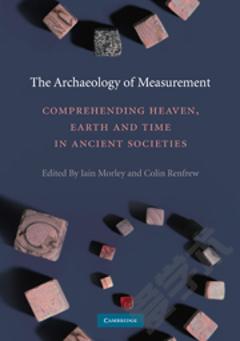
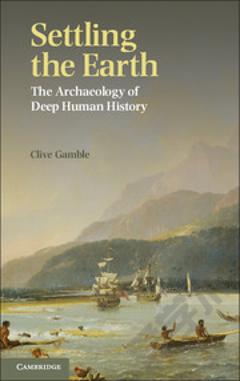
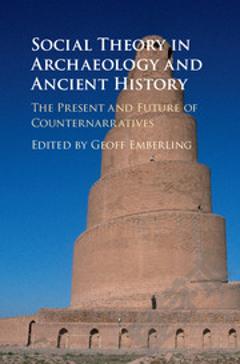

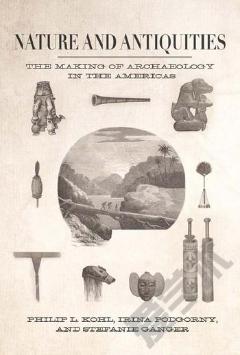
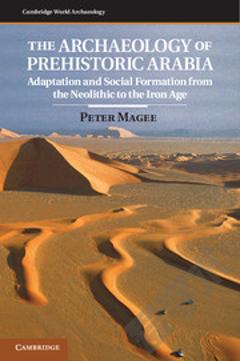


 京公网安备 11010802027623号
京公网安备 11010802027623号